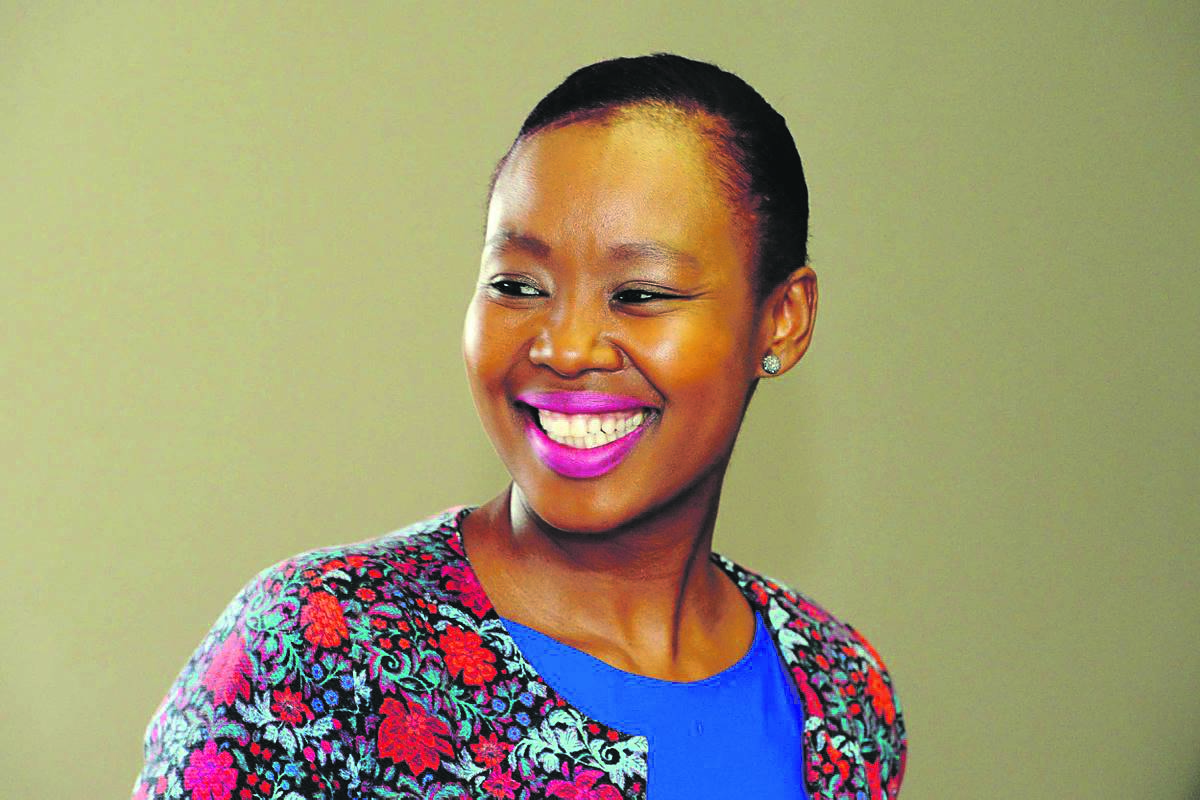
The Independent Communications Authority of SA (Icasa) has forged ahead with plans to speed up the local roll-out of 5G infrastructure despite Communications Minister Stella Ndabeni-Abrahams’ earlier hesitation.
Far from the cautious approach preferred by Ndabeni-Abrahams, Icasa on Friday issued a spectrum licensing plan for the assignment of international mobile telecommunication, including the most commonly deployed 5G frequency –3 500MHz.
The memorandum tables several options that could be considered for government to attain its goals on the release of spectrum for telecommunication operators, including mobile network companies. Operators will get licences at a fee to government, which will bring much-needed additional revenue to the fiscus. In turn, operators will use the faster and more efficient spectrum to offer a variety of services to customers at reduced cost.
The public has until the end of January next year to make its input on the document.
In April, a war of words ensued between Icasa and Ndabeni-Abrahams, who apparently wanted all reference to 5G removed from Icasa’s annual performance plan before approving it.
Although Icasa reports to the communications department, it is a chapter 9 institution and therefore functions as an independent body.
The new spectrum plan follows Icasa’s decision last year to withdraw the release of the previous licensing process to roll-out mobile broadband wireless access services, following an out-of-court settlement with the department which interdicted the implementation.
President Cyril Ramaphosa has repeatedly stated that the release of the spectrum would create space for telecommunication and broadcasting companies to contribute to economic growth.
On Wednesday, at his medium-term budget policy statement, Finance Minister Tito Mboweni raised the alarm that the country is falling behind in the 5G race, adding that an acceleration of spectrum licensing and a move towards 5G would “make it easier to do business”.
In a policy directive issued in July, Ndabeni-Abrahams had preferred a circumspect approach towards 5G roll-out, instead directing Icasa to investigate and report back on the spectrum requirements of 5G in bands lower than 6GHz. The minister wanted more work on the required ecosystem to support 5G in these bands, implication of the licensing of these bands on competition and the current structure of the mobile market.
The information memorandum added 2 300MHz and 3 500MHz bands beyond the three bands (700MHz, 800MHz and 2 600MHz) which the minister had directed Icasa to consider.
Previous delays in the roll-out of spectrum needed for 4G drove up the costs of operations for the existing network operators. Where spectrum is unassigned, government lost billions of rands in revenue that could have been derived from lease fees and licence fees, among other losses.
Ndabeni-Abrahams said in a brief statement on Friday that she would comment after studying the information memorandum, but “commends Icasa for its undertaking to expedite the spectrum licensing process.
“Its successful completion will enable interested parties to materialise investments that are much-needed in the sector through both infrastructure and services procurement.”
She added that the spectrum licensing “will benefit the people of South Africa through increased competition, transformation of the sector and a lower cost to communicate”.
Icasa said it included the two additional bands because “they are already identified”.
The regulator warned, however, that “all the bands to be identified at the ongoing World Radiocommunication Conference are not part of this licensing process.
“Subsequent to presenting the report for the minister, the authority will update the National Radio Frequency Assignment Plan in preparation for licensing on a separate process,” said spokesperson Paseka Maleka.
ICASA BOARD INTERVIEWS STALLED
Meanwhile, the parliamentary process to fill up vacant Icasa council posts has slowed down after the portfolio committee on communications moved back the interviews for the shortlisted candidates, raising concerns that the delays may result in the country missing its deadlines for spectrum licensing just like it previously did with the planned migration to digital terrestrial television.
The interviews were initially scheduled for November 4 and 5. A subcommittee will meet on Wednesday to facilitate the interviews and shortlisting.
Since March, Keabetswe Modimoeng has been acting as Icasa council chairperson after former chairperson Rubben Mohlaloga was axed following his fraud conviction.
The Icasa Act allows Ndabeni-Abrahams to appoint a chairperson among existing councillors, but she has not exercised these powers, which others view as a vote of no confidence in the incumbents.
Portfolio committee chairperson Boyce Maneli said the spectrum licensing process had been on the cards since 2016, and Icasa would have already put business plans in place in anticipation of the policy directives.
“The plans are not dependent on individual councillors, but on the regulator as the institution charged with carrying out licensing for spectrum.”
He said that “should the need arise, and as dictated by the act, the minister may extend the terms of councillors”.
This she may have to consider in view of the conclusion of the licensing process, he said.
Maneli said the fact that councillors were not appointed at the same time was another way to guarantee continuity, “and as expressed before, the act does allow for extension of terms of office of councillors”.




 Publications
Publications
 Partners
Partners









